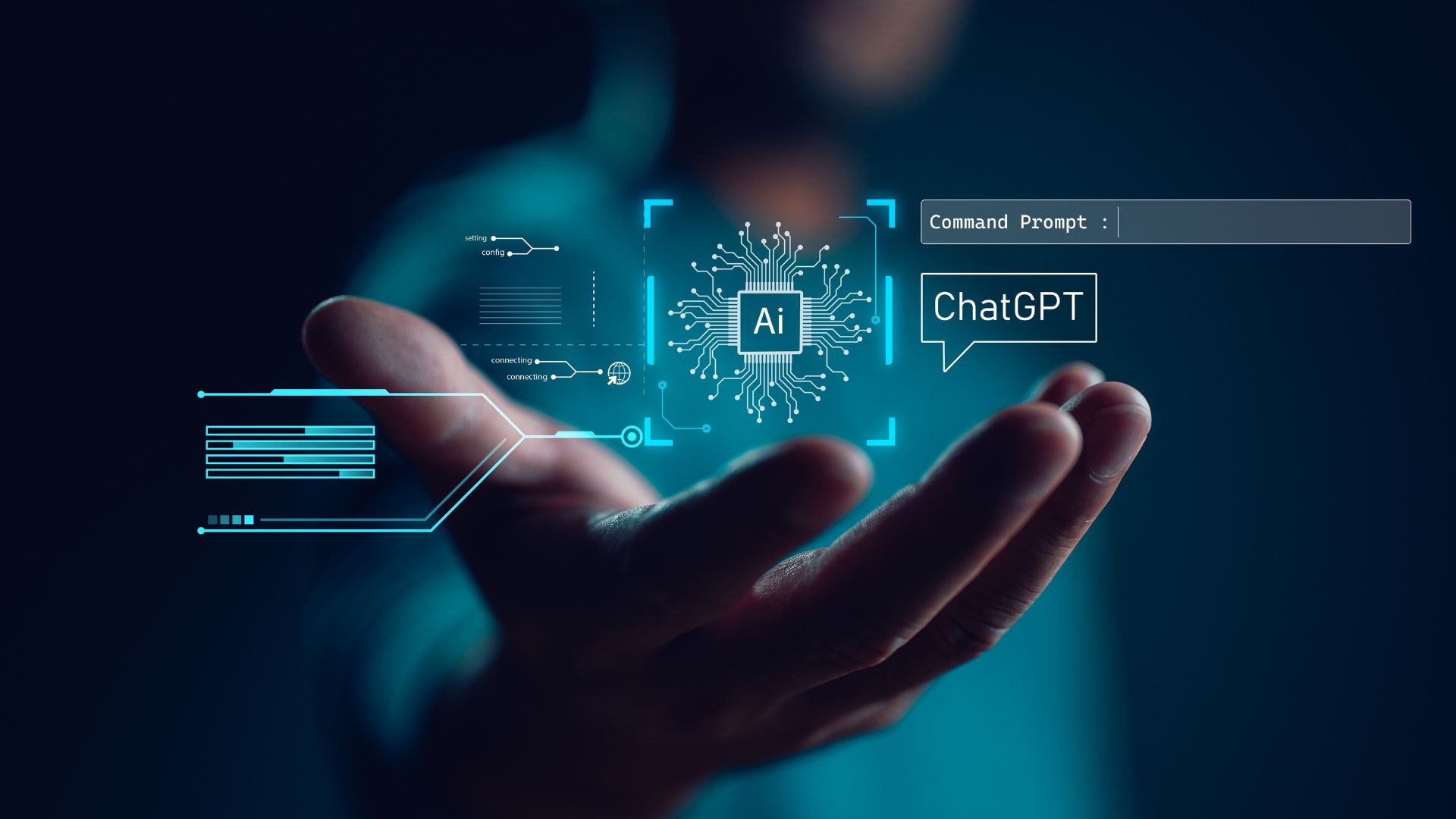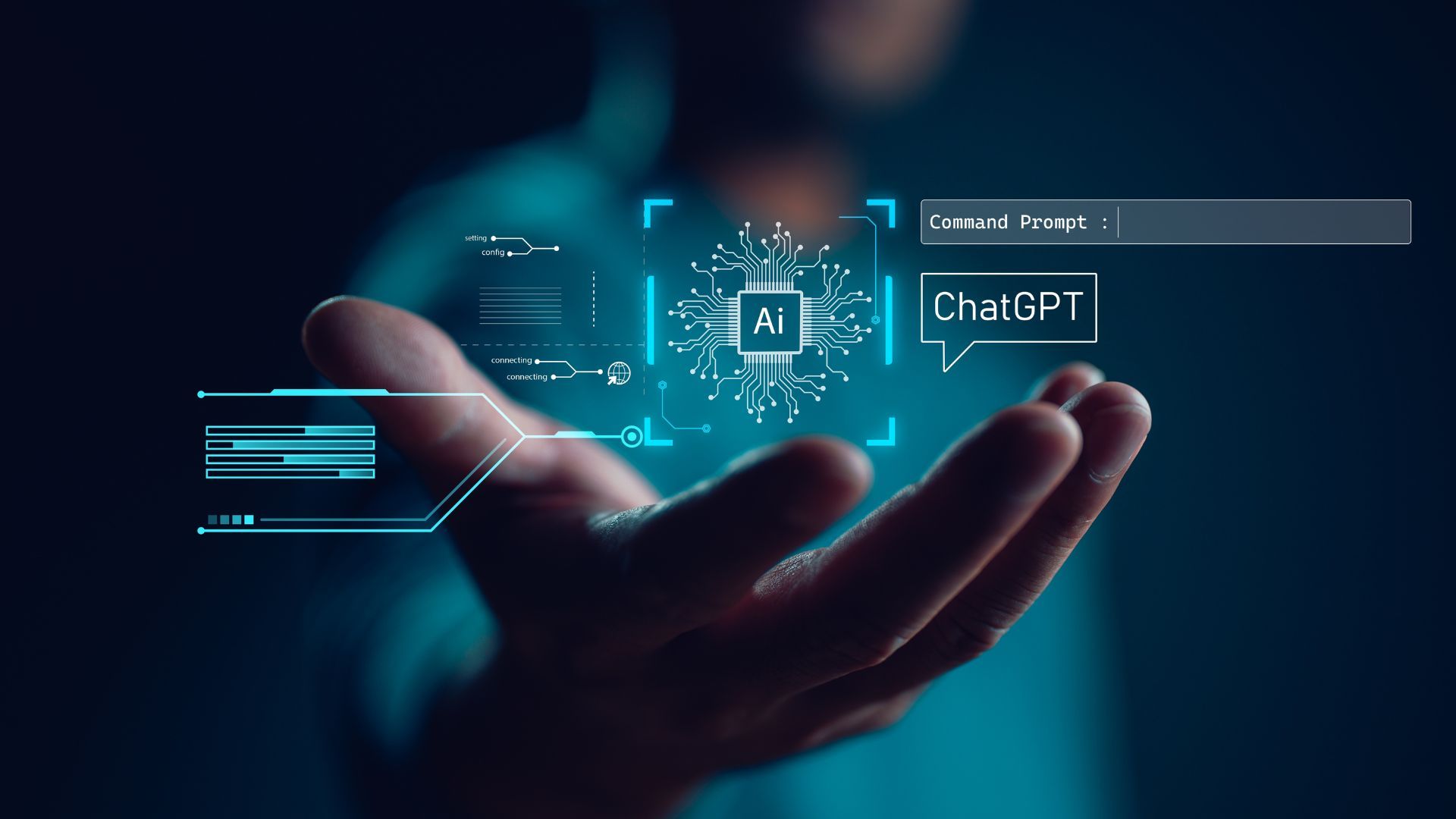 Image credit: Shutterstock/SomYuZu
Image credit: Shutterstock/SomYuZu
Marketing teams are embedding GenAI into daily workflows despite uncertain sustainability, with AI tools driving measurable personalization, predictive accuracy, and time savings. Reported ROI from GenAI adoption climbs sharply across global marketing industries.
Expanding Use Cases Beyond Traditional Roles
How marketers use GenAI has evolved rapidly, with chatbots and content generation remaining the most common applications. However, trend analysis and customer journey mapping are rising in prominence. Emerging use cases include deploying synthetic data, exploring small language models, and experimenting with digital twins, indicating teams are testing the technology's boundaries.
Marketers report tangible benefits: improved personalization for 94% of respondents, efficiency in handling large datasets for 91%, and savings in operational time and costs for 90%. Gains in predictive accuracy, customer loyalty, and sales are reported by nearly nine in ten respondents, suggesting AI writers and other AI tools contribute to measurable outcomes.
Investment in GenAI is rising, with 93% of marketing teams budgeting for the technology through 2026. Jenn Chase, CMO at SAS, stated, "GenAI is no longer a future consideration, it is a present-day imperative." Teams are embedding the technology into daily workflows and developing infrastructure for more autonomous marketing strategies.
However, AI adoption reveals a divide between skeptics fearing risks and realists embracing tools. Organizations must monitor ROI, ethical considerations, and integration of multiple AI tools to ensure strategies remain effective and sustainable. Long-term sustainability remains to be fully tested, and self-reported improvements may not translate uniformly across all contexts.





Comments
Join Our Community
Sign up to share your thoughts, engage with others, and become part of our growing community.
No comments yet
Be the first to share your thoughts and start the conversation!